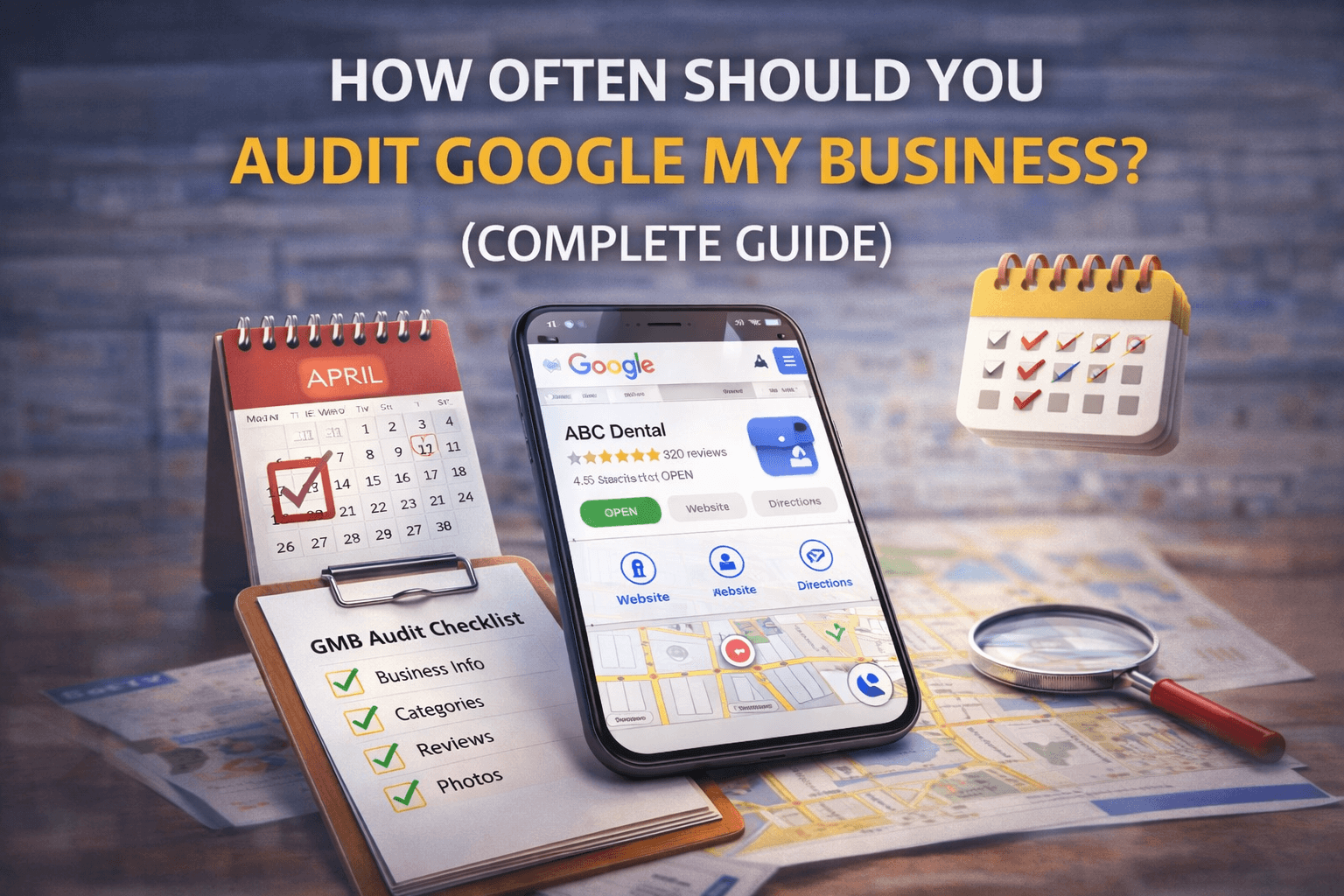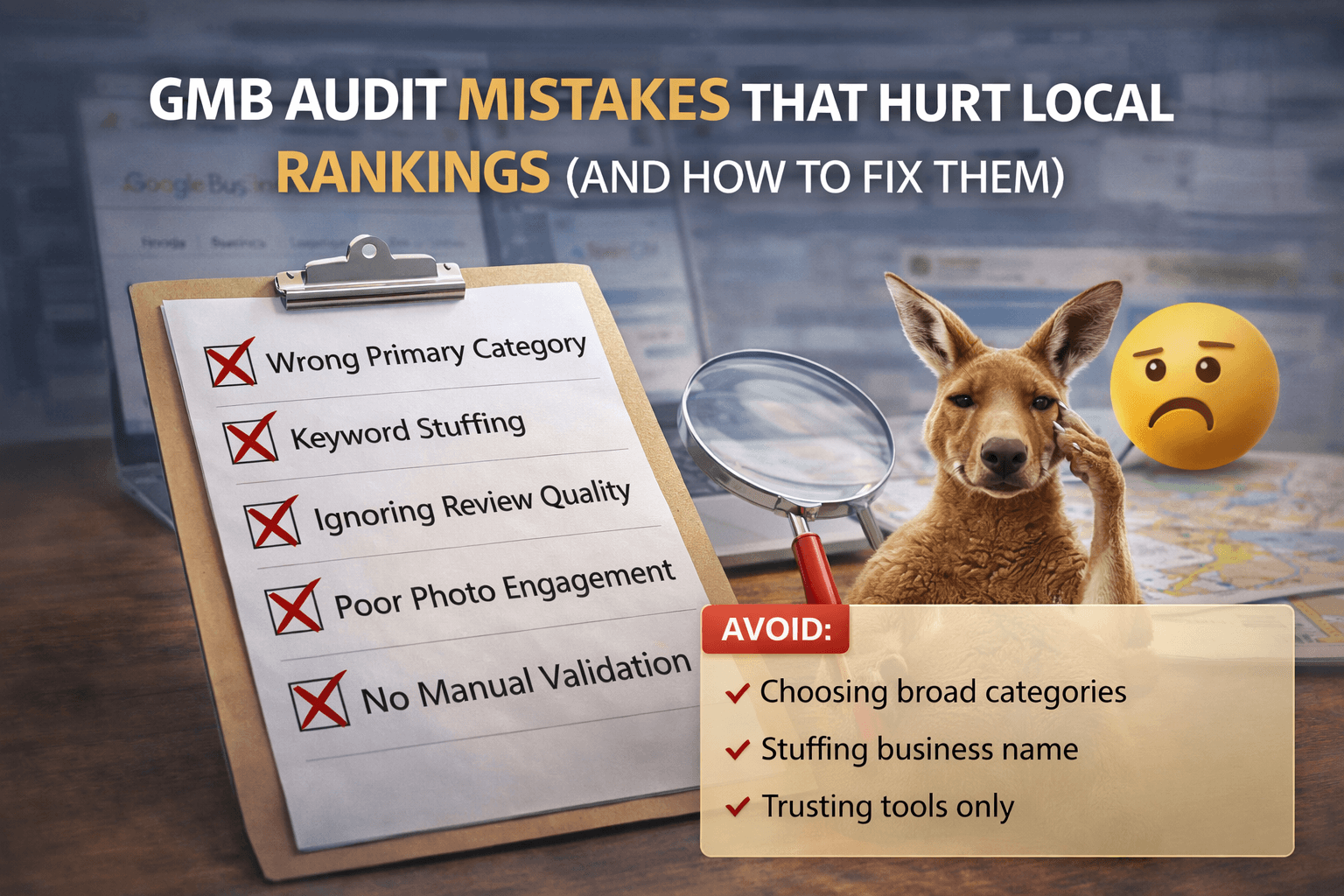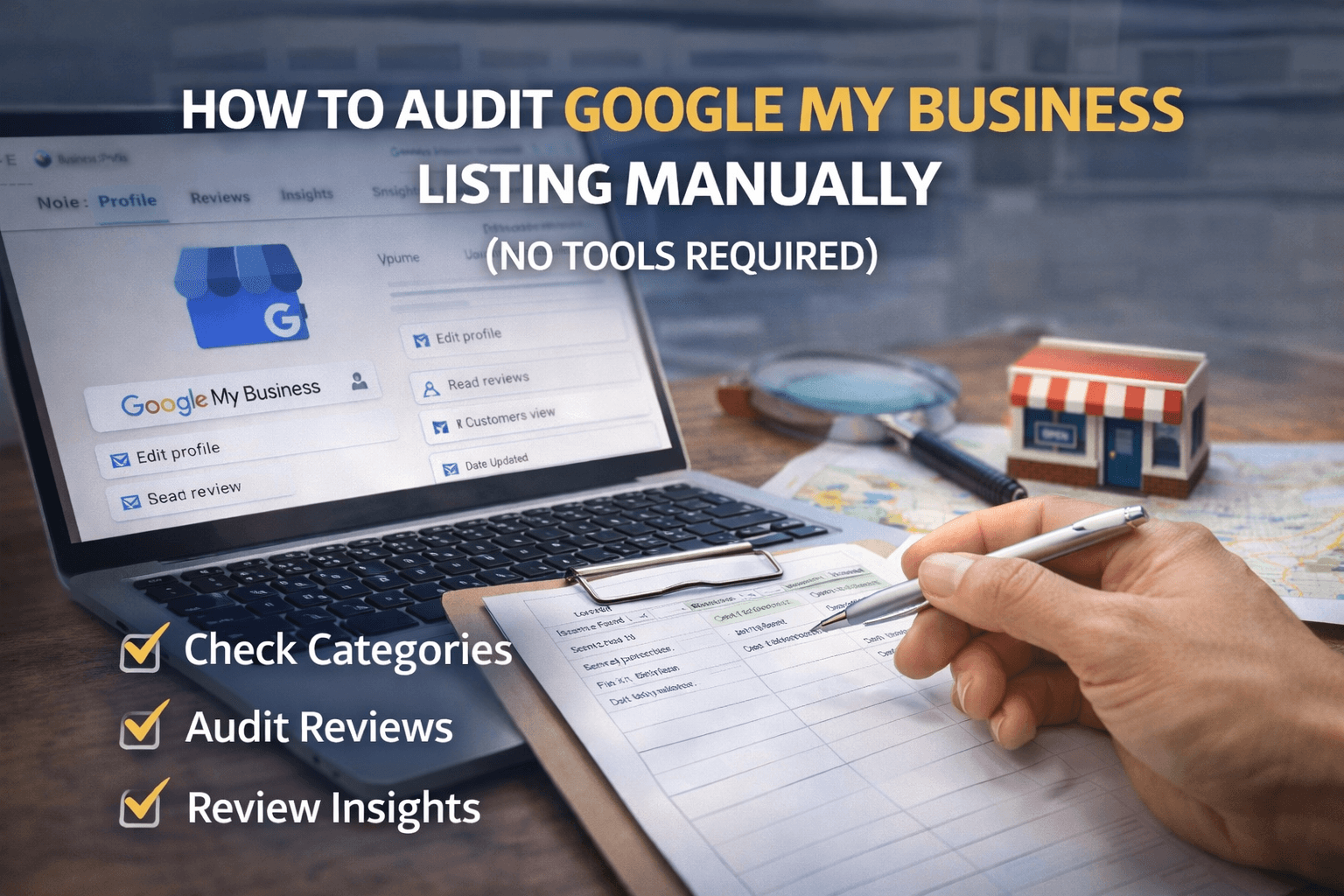In the ever-evolving world of search engine optimization (SEO), staying ahead requires not just technical know-how but also a strategic content approach. One powerful concept that has gained momentum in recent years is topical authority and the creation of a topical authority map. This guide will explain what topical authority means, its role in SEO, and how to build a topical authority map. We’ll also explore tools, compare topical authority to link-building, and provide actionable tips to master this strategy.
Table of Contents
What is Topical Authority?
Topical authority refers to the depth and breadth of knowledge a website demonstrates on a specific subject. In simple terms, it’s how much of an “expert” your website is perceived to be on a particular topic. For example, a website focused entirely on vegan recipes, with detailed guides, reviews, and nutritional insights, would gain topical authority in the niche of veganism.
Topical authority is earned when:
- Your website offers comprehensive and relevant content within a specific domain.
- It interlinks content effectively to create a cohesive structure.
- Users and search engines recognize your site as a go-to resource for information on that topic.
Importance of Topical Authority in SEO?
In the context of SEO, topical authority is a measure of your website’s ability to rank higher in search engine results for queries related to a specific topic. Google and other search engines reward sites that:
- Cover a topic extensively, leaving no gaps.
- Provide accurate, reliable, and up-to-date information.
- Are well-structured, making it easy for users to navigate and for bots to crawl.
Topical authority goes beyond sprinkling keywords across your site. It’s about becoming the ultimate resource for a topic by:
- Creating content clusters: Writing pillar articles and supporting them with detailed subtopics.
- Answering user intent: Covering various aspects of a topic to satisfy all possible user queries.
- Gaining trust: Delivering consistent, high-quality content.
Google’s Take on Topical Authority
Google’s algorithm places increasing emphasis on expertise, authoritativeness, and trustworthiness (E-A-T) when determining rankings. By building topical authority, you align with Google’s goal of providing users with reliable and relevant results.
Here’s how Google assesses topical authority:
- Content comprehensiveness: Does your site cover all key subtopics related to the main topic?
- Internal linking: Are your articles interconnected in a logical way that enhances user experience?
- Backlink quality: Are other authoritative websites linking to your content?
- User engagement: Do visitors spend time on your site, click through to other pages, and share your content?
What is a Topical Authority Map?
A topical authority map is a visual or strategic framework that outlines how different pieces of content on your website interconnect to build authority on a specific topic. Think of it as a content roadmap that:
- Helps organize content into clusters and sub-clusters.
- Ensures coverage of all aspects of a topic.
- Guides internal linking to strengthen topic relevance.
Steps to Create a Topical Authority Map:
- Choose a Core Topic: Identify the primary topic you want to dominate.
- Example: “Digital Marketing.”
- Identify Subtopics: Break down the core topic into smaller, related subjects.
- Example: “SEO,” “Social Media Marketing,” “Content Marketing.”
- Research Keywords: Use tools like SEMrush, Ahrefs, or Google Keyword Planner to find relevant keywords for each subtopic.
- Organize Content: Create pillar content for the main topic and cluster content for each subtopic.
Topical Authority map generator Tools
SEMrush Content Planner
SEMrush Content Planner is a valuable tool for identifying subtopics and creating content clusters. It allows users to discover relevant keywords and organize them into meaningful categories. By analyzing competitor strategies and user search intent, SEMrush helps you map out a content plan that aligns with your goals. This ensures you cover all critical aspects of your core topic comprehensively.
The tool’s ability to highlight keyword difficulty, search volume, and trends makes it indispensable for building topical authority. By grouping related keywords into clusters, you can create interconnected content that enhances both user experience and SEO performance. SEMrush’s insights ensure that your topical authority map is data-driven and optimized for maximum impact.
Ahrefs Content Explorer
Ahrefs Content Explorer simplifies the process of discovering content ideas and mapping keyword relevance. It’s particularly useful for finding gaps in existing content and identifying trending topics within your niche. By analyzing high-performing pages, Ahrefs provides insights into what resonates with your audience and where you can build authority.
With features like backlink analysis and social shares tracking, Ahrefs helps you prioritize content that drives engagement. This makes it an excellent tool for refining your topical authority map. By focusing on keywords and topics that have proven success, you can create content clusters that consistently rank well.
MindMeister
MindMeister is a visual mind-mapping tool ideal for organizing content clusters in a clear and structured way. This tool allows you to brainstorm subtopics, link related ideas, and visualize the overall structure of your topical authority map. Its drag-and-drop functionality makes it easy to adapt and expand your map as new content opportunities arise.
Using MindMeister, you can ensure that your content strategy remains cohesive and user-focused. By visually connecting pillar topics with supporting content, you create a logical flow that enhances navigation. This structured approach is crucial for both search engine crawlers and human readers, helping you build authority effectively.
Google Sheets or Airtable
Google Sheets and Airtable are versatile tools for outlining your topical authority map. They allow you to create detailed spreadsheets that track your content’s progress, internal linking, and keyword coverage. These tools are particularly useful for collaboration, enabling teams to update and refine the map in real time.
With customizable templates, you can organize content clusters, assign tasks, and monitor performance metrics. Google Sheets and Airtable provide the flexibility needed to manage large-scale content strategies. By keeping your topical authority map well-documented, you ensure consistent and efficient execution of your SEO goals.
Topical Authority vs. Link-Building
While both topical authority and link-building are essential for SEO, they serve different purposes and offer unique benefits:
Aspect | Topical Authority | Link-Building |
Focus | Creating comprehensive, interlinked content | Acquiring backlinks from other websites |
Dependence | Internal factors like content and structure | External factors like outreach efforts |
Impact on Rankings | Builds organic authority over time | Boosts site credibility with quality links |
Sustainability | Long-term, evergreen strategy | Short-term boosts; needs continuous effort |
While link-building can complement topical authority by increasing credibility, relying solely on it without a solid content strategy limits your site’s potential to rank sustainably.
Actionable Tips to Build Topical Authority
- Conduct Comprehensive Topic Research: Researching your audience’s interests ensures that your content aligns with their needs. Use tools like Google Trends and audience surveys to uncover what your target demographic values most, setting the foundation for building topical authority.
- Develop Content Clusters: Create a topical authority map to organize content clusters around pillar pages. Clusters provide depth to your site by covering subtopics comprehensively, making your content more authoritative and user-friendly.
- Optimize for Keywords: Keyword optimization requires targeting broad and longtail keywords that fit into your content clusters. This approach improves visibility in search results and caters to various user intents within your niche.
- Focus on Quality: High-quality content includes detailed, well-researched, and engaging articles that answer user questions comprehensively. Maintaining quality ensures readers view your site as a trusted resource, building lasting authority.
- Interlink Strategically: Effective interlinking connects related articles within a cluster, guiding users through the site seamlessly. This strategy enhances user experience while signaling topic relevance to search engines.
- Promote Your Content: Sharing your articles on social media, forums, and newsletters boosts visibility and engagement. Proactive promotion amplifies your reach, attracting more visitors to your well-crafted content clusters.
- Monitor and Update: Regularly revisiting and refreshing content ensures that it remains accurate and relevant. Keeping your site up-to-date maintains its topical authority and aligns with evolving user expectations.
FAQ
1. What is a topical map example?
A topical map is a structured representation of content organized around a central theme to establish topical authority. For example, if your main topic is “Digital Marketing,” a topical map may include subtopics like:
- SEO Optimization → On-Page SEO, Off-Page SEO, Technical SEO
- Content Marketing → Blogging, Video Marketing, Social Media Strategy
- Paid Advertising → Google Ads, Facebook Ads, LinkedIn Ads
By covering all relevant subtopics, you create a well-structured knowledge base that signals authority to search engines.
2. How do I create a custom map?
To create a custom topical authority map, follow these steps:
- Identify the Main Topic – Choose the primary niche you want to cover.
- Research Subtopics – Use keyword research tools (Ahrefs, SEMrush) to find related subtopics.
- Organize Content Clusters – Group similar subtopics into clusters.
- Internal Linking Strategy – Link subtopics to pillar content to improve SEO.
- Visualize the Map – Use mind-mapping tools like MindMeister, Lucidchart, or Miro to create a visual hierarchy.
3. How to create a positioning map?
A positioning map visually represents how different brands, products, or services compare based on key attributes. To create one:
- Define Key Attributes – Choose two attributes (e.g., “Price” vs. “Quality”).
- Gather Competitor Data – Analyze competitors’ positioning in the market.
- Plot Data Points – Place competitors on a 2D graph based on their attributes.
- Analyze Market Gaps – Identify opportunities for differentiation.
- Adjust Business Strategy – Use insights to position your brand effectively.
4. Why is a topical authority map important for SEO?
A topical authority map helps search engines understand your site’s expertise. By structuring content logically and interlinking related articles, you improve indexing, rankings, and organic traffic.
5. What tools can I use to create a topical map?
You can use:
- Keyword Research Tools – Ahrefs, SEMrush, Google Keyword Planner
- Mind Mapping Tools – MindMeister, XMind, Lucidchart
- SEO Plugins – Rank Math, Yoast SEO
6. How does internal linking help in a topical map?
Internal linking:
- Guides search engines to understand your content structure
- Passes authority (link equity) between pages
- Improves user experience by connecting relevant topics
7. What’s the difference between a topical authority map and a content silo?
- Topical Authority Map – Focuses on establishing expertise by covering all related subtopics.
- Content Silo – A hierarchical structure where related content is grouped under a parent category.
8. Can I use AI to generate a topical authority map?
Yes! AI tools like ChatGPT, SurferSEO, and Frase can assist in keyword research, content structuring, and clustering related topics for better SEO performance.
Conclusion
Increasing topical authority is a great way to boost the SEO performance of your website. By creating a detailed topical authority map and focusing on comprehensive content clusters, you can position your site as a trusted resource in your niche. While link-building remains a valuable tactic, combining it with a robust topical authority strategy ensures long-term success in search rankings.
Start creating your topical authority map today, and watch your website climb the SERPs as it becomes a go-to destination for your target audience!







